Finding ‘tyyni’: A Journey on the Coastline
On a misty autumn morning in September 2023, Seattle’s streets lay blanketed in fog, a chill hanging in the air as the city lingered in a half-dream.
My partner Michael and I left our temporary home, packed the car, and drove toward California along the winding coastal road. We planned to attend the SaaStr conference in San Francisco, visit friends, and ultimately reach Los Angeles.
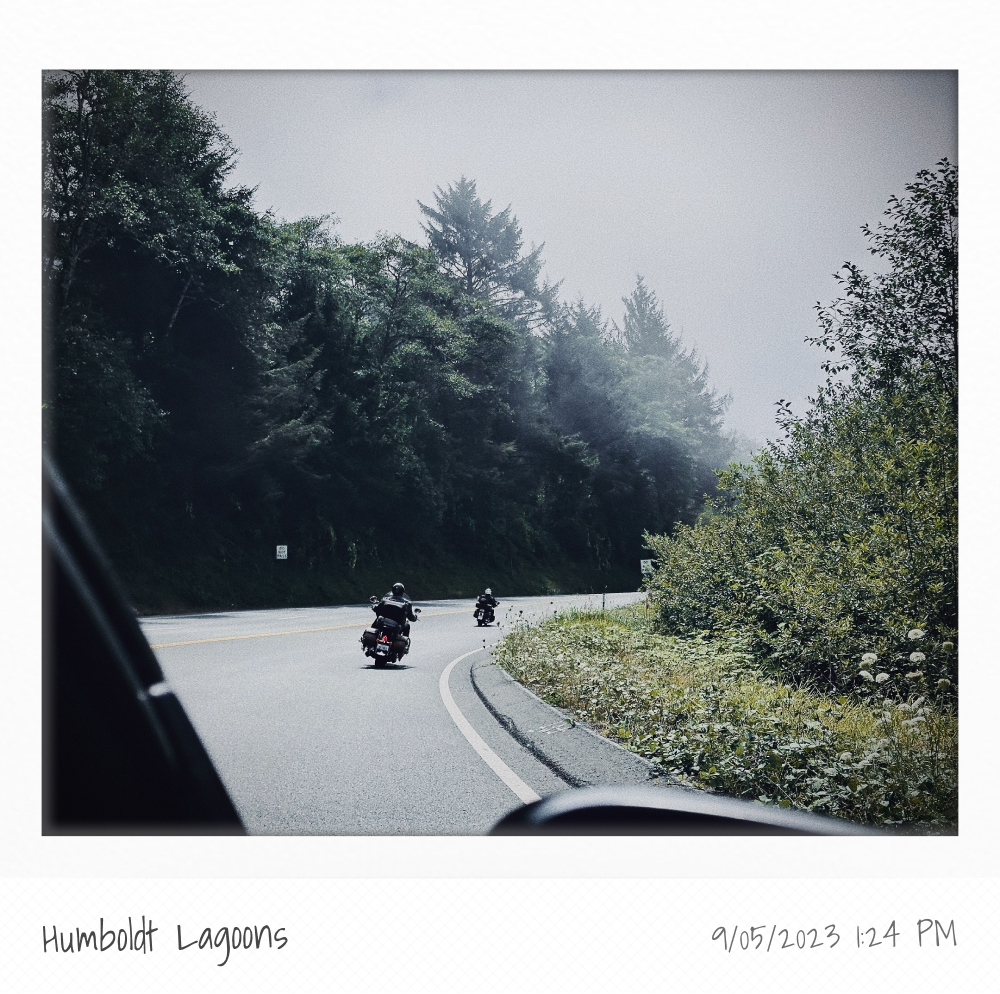
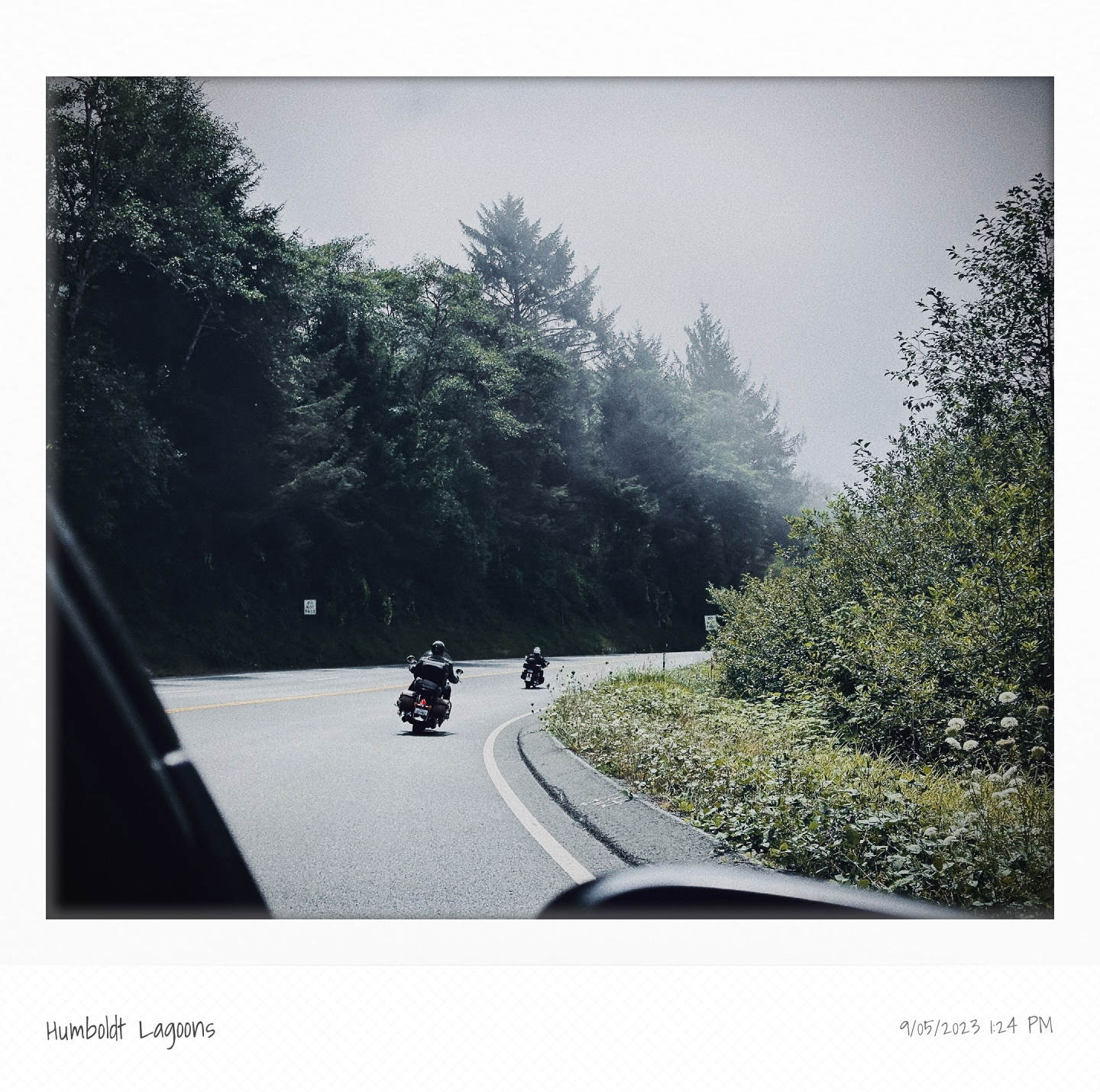
A quiet stillness drew us inward as morning light pierced the fog, sparkling on the water. Little did we know this journey would become one of self-discovery, leading us to reflect on family and parenting.
Michael grew up in a high-achieving business family. His parents spared no expense to ensure he received the best education, sending him to elite boarding schools in major cities. This path eventually led him to study in the United States.
But this intense focus on success came with a hidden cost. The lifestyle forced Michael to confront pressure and societal expectations at an early age, leaving a lasting impact on his psyche.
I feel at peace when everything around me is perfectly organized and in place.
Without consistent parental support during those formative years, Michael quickly learned to solve problems independently and shoulder responsibility alone. It took him years to recognize that his need for order and cleanliness was a coping mechanism — a subconscious attempt to manage uncertainty and create stability when life felt overwhelming. His neatness and rituals became substitutes for the family stability he longed for.
As we continued down the coast, our conversations ebbed and flowed with the rhythm of the waves. Michael's stories of boarding school and adapting to life abroad touched me deeply, triggering memories of my very different childhood.
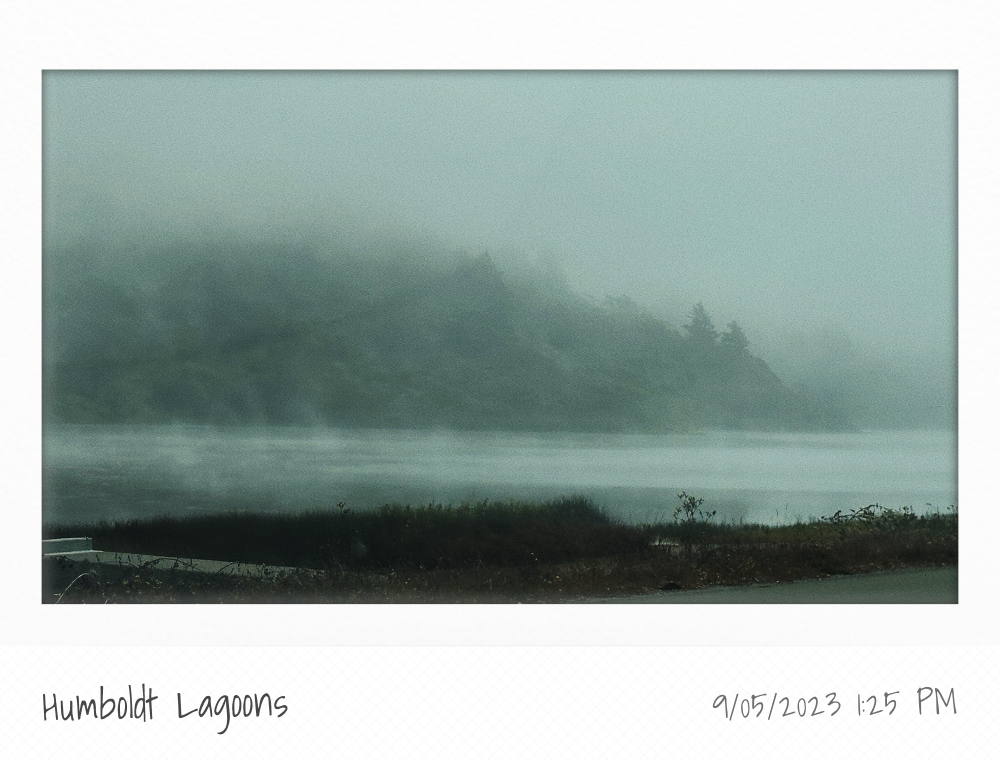
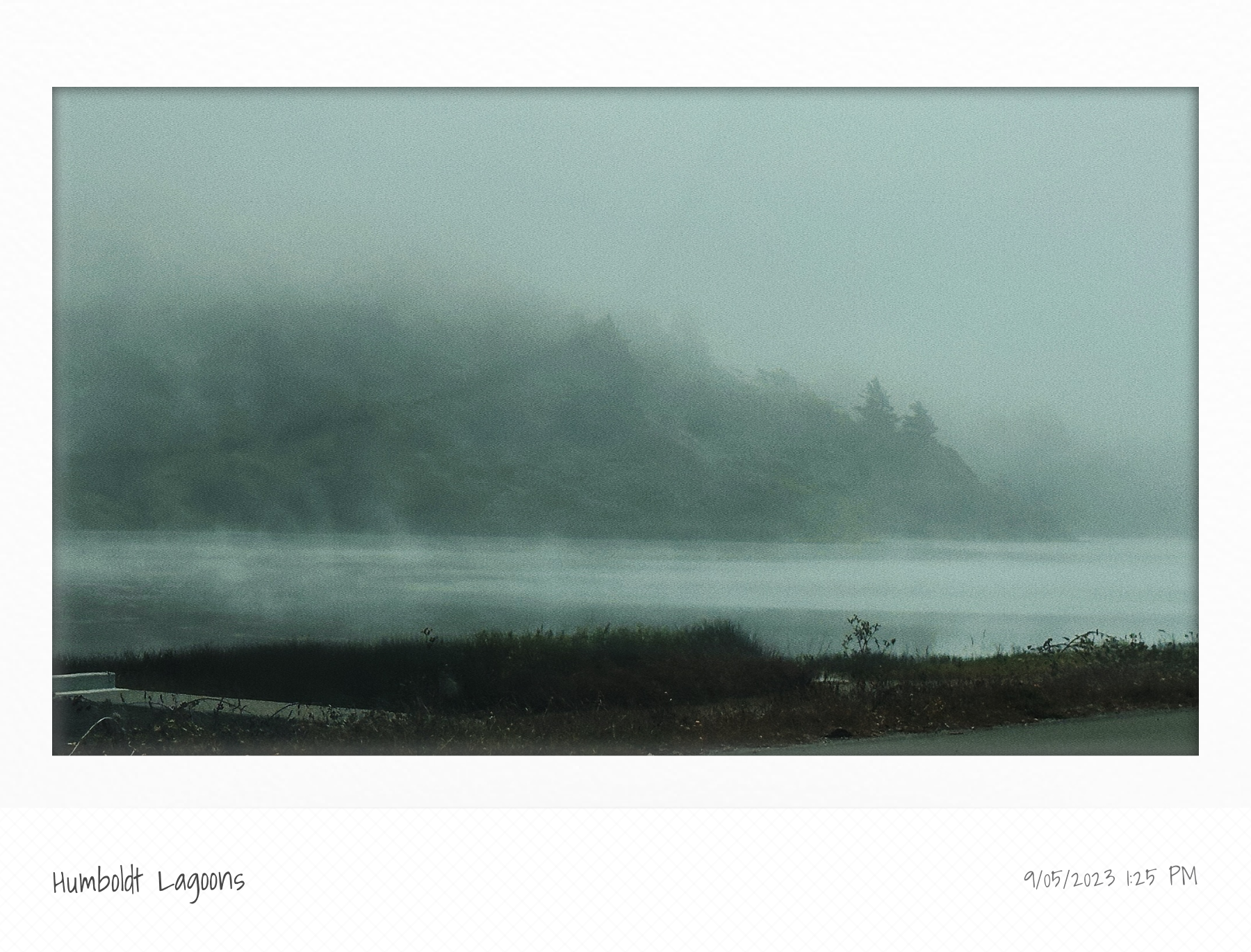
I grew up in a family of teachers, with a steady, simple life.
As long as you have good grades, everything else will fall into place.
My parents' mantra was both comforting and laden with expectation. They created an environment where academic performance was everything. Despite my good grades, encouragement was rare. They preferred to focus on areas for improvement, steering me away from complacency.
As a sensitive child, I instinctively absorbed their expectations. Early on, I felt compelled to meet these standards — or at least appear to. Inside, I wrestled with a need for self-expression. I was curious about the world, just like any other kid. I loved cartoons, reading, music, and computers. But in a setting where grades reigned supreme, any other interest felt like a distraction. If I picked up a novel, my father would remind me, "Books outside of school aren't useful." Gradually, socializing, hobbies, and emotional connection with my family faded to the sidelines.
I spent my childhood "playing the good kid," but as an adult, I struggled to relax, feeling unfulfilled and disconnected. It took years to discover my passions and path. Even now, expressing my needs feels challenging, with feelings of loneliness and anxiety lurking close behind.
The ocean stretched before us as we took turns driving and lapsing into contemplative silence. Lost in thought, we each imagined a different childhood and alternative family support.
Our conversations along the coast compelled us to confront how these formative experiences shaped us and acknowledge the gaps we still carry. We realized that growth isn't about resources alone—it's about the right approach, recognizing needs, and building connection and understanding.
We shared concerns about kids' academic, emotional, and social pressures today. The struggles of parents around us and their voiced frustrations echoed the scars we carried from our childhoods.
If only my parents had known more about parenting, maybe I'd have found a better balance between independence and feeling supported.
Michael said this quietly, with a small smile and a hint of peace in his voice. For all his self-discipline and resilience, he understood the loneliness and emotional strain his independence had cost him.
Two days later, we reached San Francisco for the SaaStr conference. Surrounded by innovators discussing growth and productivity, we felt a striking contrast. Before this journey, we'd shared that same hunger for efficiency and achievement. But we'd never stopped to ask ourselves: Does this drive to fulfill the need for connection between parent and child? Among these intelligent, ambitious people adept at scaling businesses, how many know how to build a healthy relationship with their children?
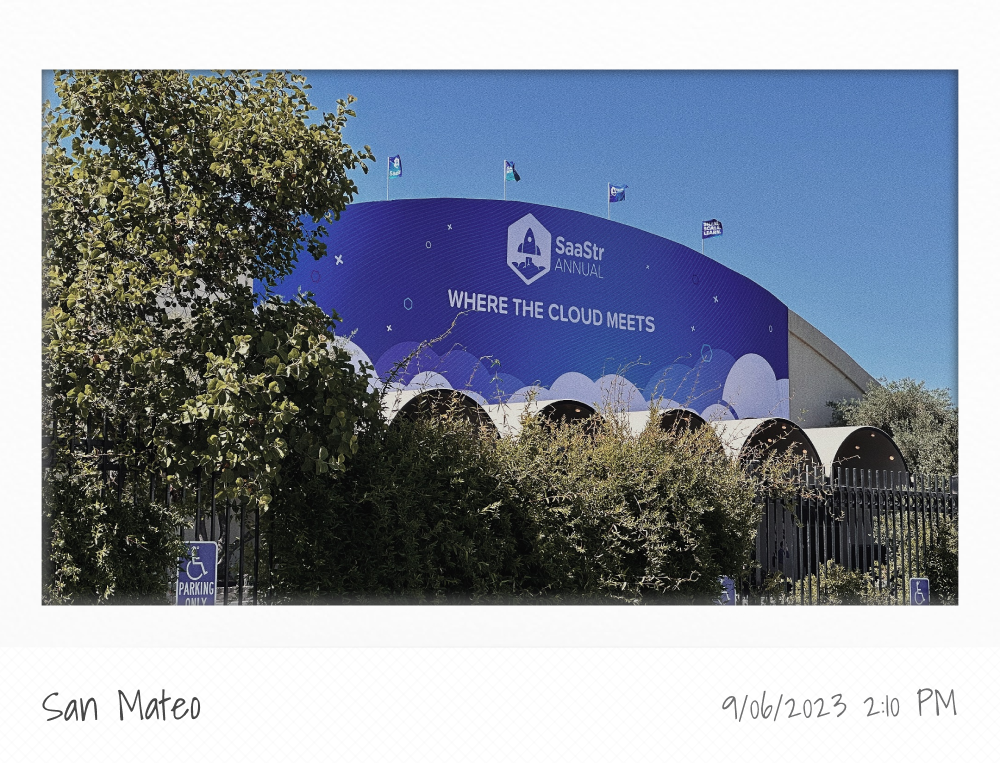
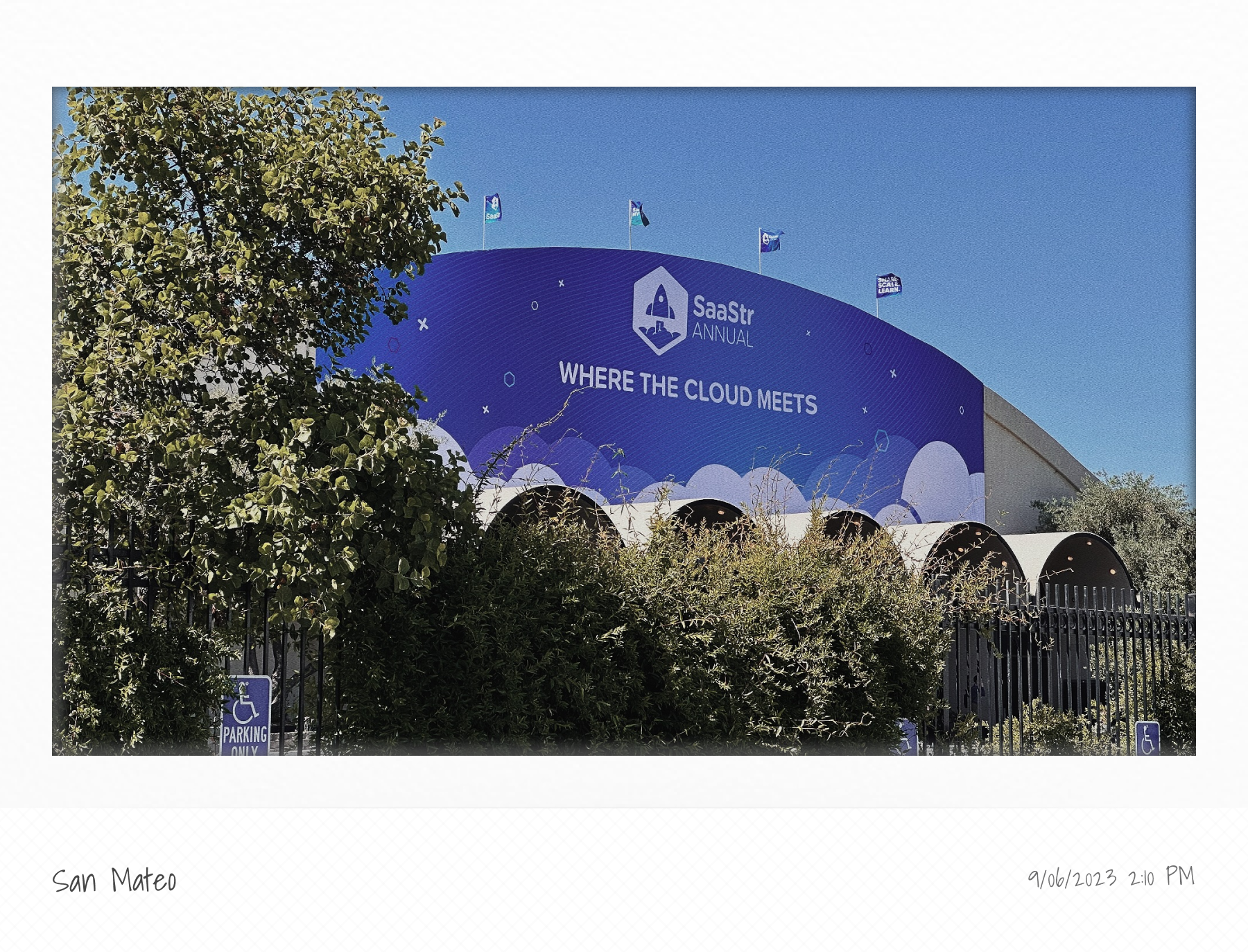
Reflecting on my role as a father, I felt a deep unease. Was I unknowingly projecting my own unresolved needs onto my daughter?
Our parents believed they had given us a strong foundation, opportunity, and encouragement. But were we following the same pattern, confident from our limited perspectives that we were naturally "good" parents?
I needed to break this cycle. I had to question what I'd long assumed to be true.
Self-awareness isn't just for ourselves. It's a gift we can pass on, helping our children live better lives. Through healthy, informed parenting, we find our path to healing.
Though we can't revisit our childhoods, we can support other families, helping countless parents and children build stronger connections.
Our conversations shifted toward work, life, and parenting in the following days. Friends shared their challenges, recommending books on psychology and family dynamics that had helped them grow. These insights and resources proved invaluable, eventually becoming guiding lights that would ultimately form the heart of tyyni.


Modern culture can mislead parents, offering advice that ignores each family's needs. Parenting coaches are often unaffordable, leaving parents to piece together knowledge from scattered sources, typically seeking help only in crisis.
What if there were a personalized parenting guide that understood each family's dynamics, was grounded in science, and offered real-time, practical advice?
That's why we built tyyni.
Tyyni is every parent's coach, providing relevant information when needed. Share your concerns with tyyni, and it will offer insights from extensive books and scientific research. The more you interact, the better tyyni understands your needs, delivering more personalized support.
As parents, we can only read a few parenting books or always know which approach best suits our family. But with tyyni as your guide, you can.
When parents learn and grow, their children flourish—this is the essence of tyyni's support.
Tyyni is more than a parenting guide. It's about nurturing your child's internal motivation through a positive relationship—not just preparing them for achievement.
Here, you'll understand why specific common parenting approaches affect children more deeply than we realize. (Curious? Try tyyni's Quick Quiz!)
Knowledge is just the beginning. Tyyni provides exercises and AI tools to help parents apply what they have learned daily. Only through love and consistent effort can we build stronger parent-child relationships.
There's no such thing as a perfect parent, but anyone can work toward a healthier relationship. This journey is about individual happiness — and the greater good. With the right tools, we can build deep parent-child bonds, helping every family find calm, or 'tyyni,' the Finnish word for peace and tranquility.
A few days later, we drove into Los Angeles under a dark blue sky, neon lights reflecting off the horizon. The peaceful evening marked the end of our journey, yet it felt like a beginning.
Back at the hotel that night, Michael followed his routine, tidying and organizing. I put on headphones, listened to my favorite music, and lay back, finding peace.
Some journeys never genuinely end; in peace lies the quiet strength.
To all parents on this journey.
Todd & Michael

